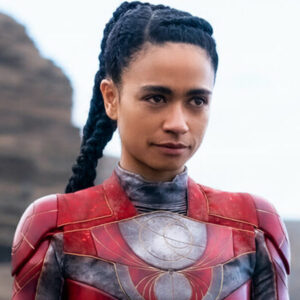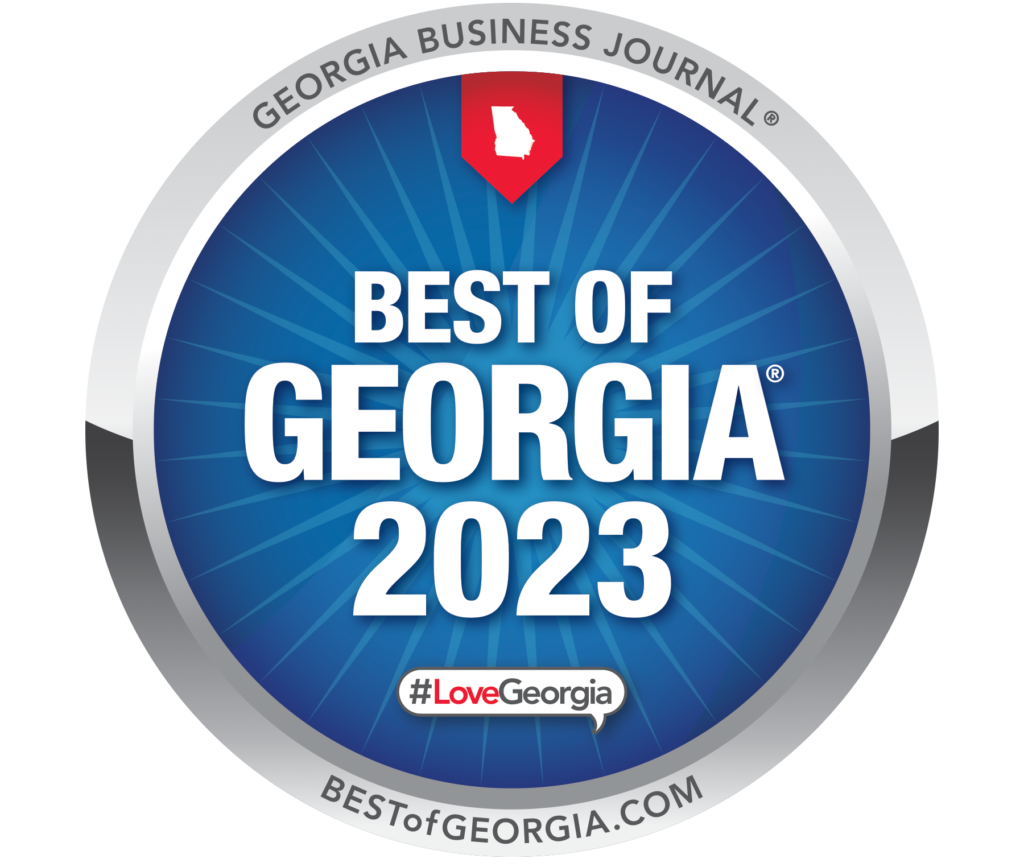Breaking boundaries should be the new norm after gaining a wider collective consciousness in the post-pandemic entertainment landscape. Many of you last November probably enjoyed screening Oscar-winning director (Nomadland) Chloe Zhao’s Marvel debut, Eternals, in which character Makkari (played by Lauren Ridloff) is deaf. The film is the first Marvel release to feature a deaf superhero, and included a gay superhero, Phastos (played by Brian Tyree Henry) as well. Indeed, as Jaime Lee Curtis’s daughter, Ruby, who recently came out as trans last fall, said, “Helping others… should be a human thing.” Representation on-screen helps others because it validates cultural identities that may not be apparent in the specific communities in which viewers live. A recent viral video circulated of a small boy who delighted seeing himself represented onscreen, in Disney’s Encanto. But whether you are BIPOC, LGBTQ, or disabled, being included in opportunities both on and off the screen are finally ramping up.
Actress and activist Marlee Matlin, who starred in the award-wining CODA (Apple+), has consistently advocated for change since the start of her career to help disabled persons feel welcomed, included, and represented in film, movie theaters, and at awards shows. Others have supplemented and echoed her efforts – we recommend reading film critic Kristin Lopez (Indiewire), whose approach to her disabled status each year with screeners shows her level of concern over how she might be received and how she asserts her needs (and when she does not, too). Such an account shows what a predominantly “abled” society presents to a disabled person and the de-humanizing actions that sometimes occur, innocently or not. Moreover, as we stated a couple years ago when discussing Marie Laveau’s treatment by Hollywood, it seems that representation on screen has left much to be desired according to Ms. Lopez, who additionally writes about portrayals of disabled persons, and how Hollywood might take action to change the narrative.
However, for every two steps back there is one step inevitably forward. One exciting development is by the Inevitable Foundation, who last fall announced their plans to launch, “the world’s largest database of professional disabled screenwriters and a Content Development Concierge to match show runners and creative executives with talented writers for their projects.” In a guest article published by The Hollywood Reporter, founders, Richie Siegel and Marisa Torelli-Pedevska, outline job-related problems faced by screenwriters, who are also disabled persons. Their solution is simple: hire disabled writers at a project’s inception, for film or tv, whether there are disabled characters in the narrative or not.
In addition to a searchable database of talented writers who offer disabled persons’ perspectives, AMC theaters will expand its on-screen captioning to 240 locations in the United States. Previously, only closed captioning is available but these devices reportedly malfunctioned or not been charged for deaf or hard of hearing persons to use. AMC’s actions to change that by adding on screen captioning, shows a growing awareness, willingness, and ability to include deaf and hard of hearing persons in anticipated movie theater audiences. And it is not just the deaf who want captions, in fact, many people, who do not speak English as a first language, or just prefer to be more engaged in dialogue, want captions.




